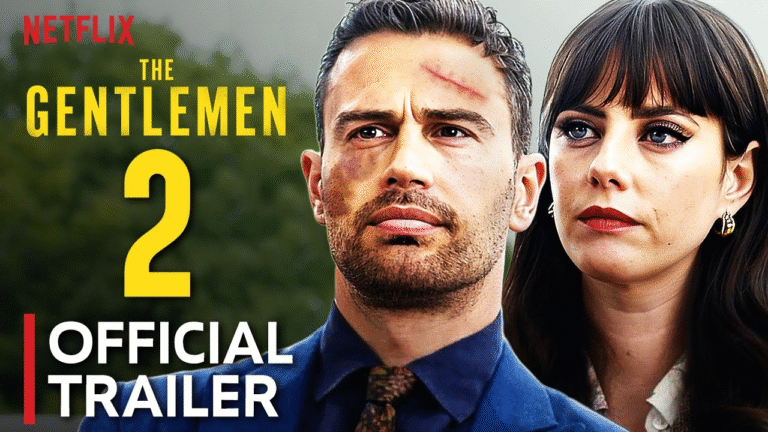The Karate Kid: A Legacy of Resilience and Growth
The “Karate Kid” franchise has become a cultural touchstone since its debut in 1984, captivating audiences with its themes of perseverance, mentorship, and the journey of self-discovery. The original film, directed by John G. Avildsen, introduced us to Daniel LaRusso, played by Ralph Macchio, a teenager who learns karate from Mr. Miyagi, portrayed by Pat Morita. Their bond becomes the heart of the story as Daniel navigates the challenges of adolescence and confronts bullies.

The original film’s success led to several sequels, including “The Karate Kid Part II” and “The Karate Kid Part III,” both featuring Daniel and Mr. Miyagi. In these films, Daniel continues to grow as a martial artist while facing new challenges. “Part II” explores the significance of family and honor, as Daniel travels to Okinawa with Mr. Miyagi, while “Part III” introduces new adversities and tests Daniel’s resilience.
In 2010, the franchise was revitalized with a remake starring Jaden Smith and Jackie Chan. While not a direct continuation of the original story, this film offered a fresh perspective, shifting the setting to China and introducing new cultural elements. The story remains centered on a young boy, Dre Parker, who learns martial arts to overcome bullies, echoing the core themes of growth and mentorship.
The franchise’s legacy extends beyond the films, inspiring a new generation through the popular Netflix series “Cobra Kai.” This series revisits the characters of Daniel and Johnny Lawrence (William Zabka) decades after the original events, exploring their complicated relationship and the lasting impact of their rivalry. “Cobra Kai” deftly balances nostalgia with fresh storytelling, introducing new characters while honoring the original series.
Throughout its iterations, the “Karate Kid” franchise emphasizes important life lessons: the significance of hard work, the value of humility, and the importance of perseverance in the face of adversity. The iconic phrase “Wax on, wax off,” which encapsulates Mr. Miyagi’s teaching philosophy, serves as a metaphor for the dedication required to master any skill, resonating deeply with audiences.
The films also highlight the mentor-mentee relationship, showcasing how guidance can shape an individual’s character. Mr. Miyagi’s wisdom and patience play a crucial role in Daniel’s transformation, teaching him not only martial arts but also life skills that extend beyond the dojo.
In conclusion, the “Karate Kid” franchise has left an indelible mark on popular culture, inspiring countless viewers with its messages of resilience, friendship, and personal growth. Whether through the original films or the new narratives in “Cobra Kai,” the themes of determination and the importance of mentorship continue to resonate. As audiences eagerly await future installments, the legacy of the “Karate Kid” remains a powerful reminder of the potential within us all to overcome obstacles and find our path.



